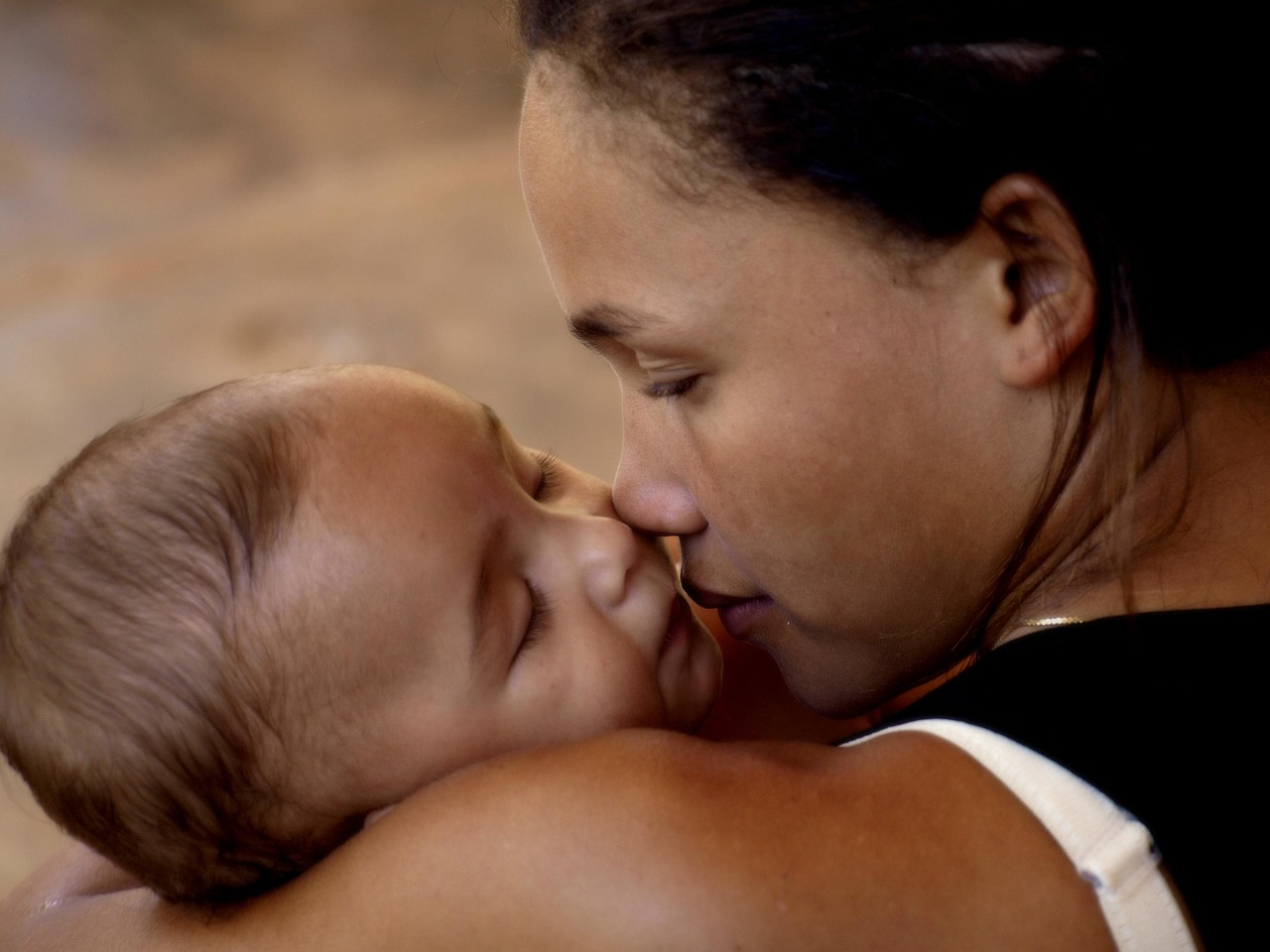
Sleep Training: Separating Fact from Fiction (What It's NOT, and What It IS!)
As a children's sleep consultant, I know firsthand that the term "sleep training" can sometimes bring up a lot of questions, even apprehension. There are so many common misconceptions swirling around, and when you're a tired parent trying to decide the best way to support your child's sleep, confusing information is the last thing you need.
My goal is to empower you with clarity. So, let's break down what sleep training is not, which I hope will help you make an informed decision about whether it's the right path for your family.
Myth #1: "Sleep training means leaving your baby to cry indefinitely without any comfort or attention."
Absolutely not. This is one of the most persistent and, frankly, most worrying myths out there. Sleep training is not about neglecting your child or forcing them to "cry it out" alone. Instead, it's about gently guiding them to learn essential self-soothing techniques and gradually helping them develop the skill to fall asleep independently. My approach, and that of The Sleep Nanny, always prioritizes responsive care and maintaining a secure attachment.
Myth #2: "Sleep training is a one-size-fits-all approach."
Every child is wonderfully unique! What works seamlessly for one family or child may not be the right fit for another. A significant factor in determining the most effective approach is a child's temperament. This is precisely why seeking specialist advice is so beneficial. A Sleep Nanny Certified Sleep consultant creates a personalised sleep plan tailored to your child’s specific needs, personality, and your family's parenting style.
Myth #3: "Sleep training means eliminating all nighttime feeds."
This is another common concern, and it's simply not true! Sleep training does not mean you have to stop all nighttime feeds if your baby still genuinely needs them. Nor does it mean you have to give up breastfeeding. Instead, a key part of the process is learning to differentiate whether your child is waking due to true hunger or if they're simply stirring and need to practice their resettling skills. We work to ensure your child gets the nourishment they need while gently guiding them towards more consolidated sleep.
Myth #4: "You'll see instant results with sleep training."
While some children adapt more quickly than others, sleep training is a journey, not an overnight fix. Patience and consistency are truly key. Most effective sleep plans, like those I create, involve a staged approach over 2 to 4 weeks. Progress can vary from child to child, and remembering it's a learning process for your little one helps manage expectations.
Myth #5: "Sleep training harms secure attachment."
This is a deep concern for many parents, and it's vital to address. Extensive research consistently shows that well-implemented sleep training, particularly gentle and responsive methods, does not compromise the bond with your baby. In fact, by fostering healthy sleep habits and reducing sleep deprivation for both child and parent, it often leads to happier, more engaged interactions during the day, strengthening that precious secure attachment.
Finding the Right Approach for Your Family
Understanding these truths about sleep training can lift a huge weight off your shoulders. It's about empowering you with a clear path forward, knowing you don't have to navigate sleepless nights alone.
If you’re ready to improve your child’s sleep and create a positive bedtime routine that truly works for your family, reach out to me. As your sleep expert, I'm here to support you. Let’s work together to find the best, most nurturing approach for your family to achieve those blissful bedtimes!
Ready to transform your child's sleep? Book a complimentary sleep assessment call with me today!
Click Here to Arrange a Sleep Assessment Call with Emma

